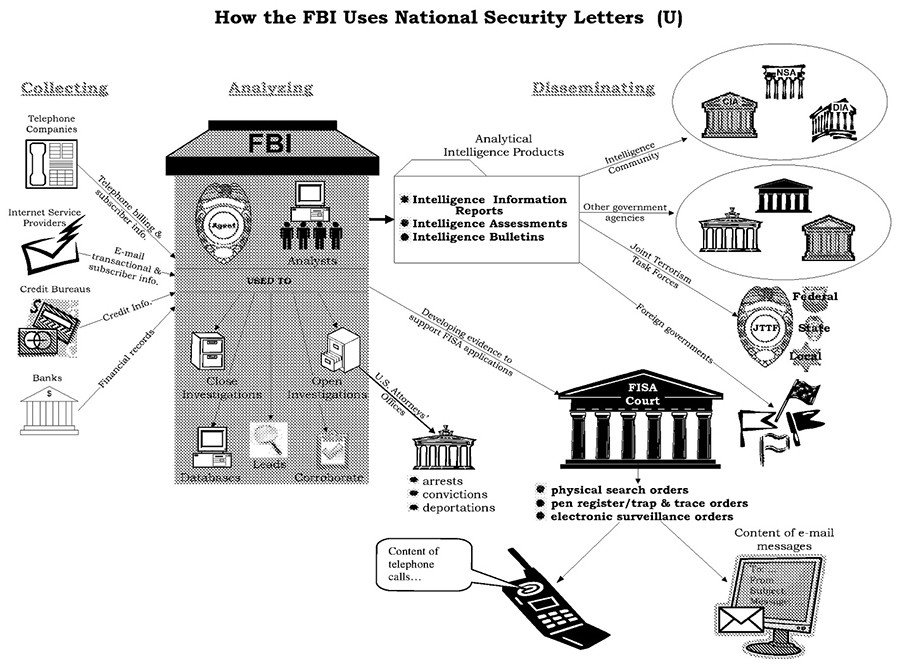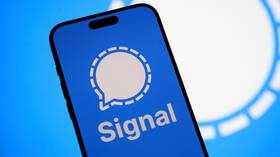‘Hatchet to liberty’: New senate bill expands FBI’s warrantless surveillance powers

The Senate Intelligence Committee has overwhelmingly voted for a new – as yet secret – bill that would allow security agencies to examine a wider range of private data without obtaining a search warrant from a court. One senator has expressed outrage.
“This bill takes a hatchet to important protections for Americans’ liberty. This bill would mean more government surveillance of Americans, less due process and less independent oversight of US intelligence agencies,” wrote Oregon Democrat Ron Wyden on his personal website after being defeated in a 14 to 1 vote by the 2017 Intelligence Authorization Act committee this week. The legislation is now headed for a full Senate vote.
“Worse, neither the intelligence agencies, nor the bill’s sponsors have shown any evidence that these changes would do anything to make Americans more secure. I plan to work with colleagues in both chambers to reverse these dangerous provisions.”

The changes concern National Security Letters (NSLs) that are issued by the executive branch without authorization from a judge. They are sent out by FBI along with a gag order that prevents the recipient – usually a telephone company, internet provider, or bank – from disclosing the NSL’s existence. NSLs cannot request the content of emails, telephone calls, or bank statements, but can demand “transactional records” that are “relevant” to an investigation.
Following a clarification from the Bush administration in 2008, NSLs cannot currently request an email’s subject lines, website URLs, social media logins, or other revealing data.
However, according to Wyden, the new bill, whose contents will be released to the public next week at the earliest, expands their application.
“While this bill does not clearly define ‘electronic communication transaction records,’ this term could easily be read to encompass records of whom individuals exchange emails with and when, as well as their login history, IP addresses, and internet browsing history,” Wyden told the Guardian.
This is not an academic privacy concern: about 22,000 NSLs are issued annually, two-and-a-half times more than the 8,500 that were sent out in 2000.
“There is no question that our Intelligence Community needs the ability to collect critical information to guard against real threats. Obtaining a FISA warrant is straightforward and based on there being a reasonable connection to terrorism or national security. Therefore, the FBI should have little trouble under the current process getting the information it needs to conduct its investigations,” wrote Martin Heinrich, a Democratic Senator from New Mexico, who voted for the bill, but says that this amendment will need to be taken out when it goes to the floor.
“The FBI has not made a convincing case that it needs any process other than the one that already exists, especially one that freely allows the FBI access to law-abiding Americans’ emails and web activity.”













